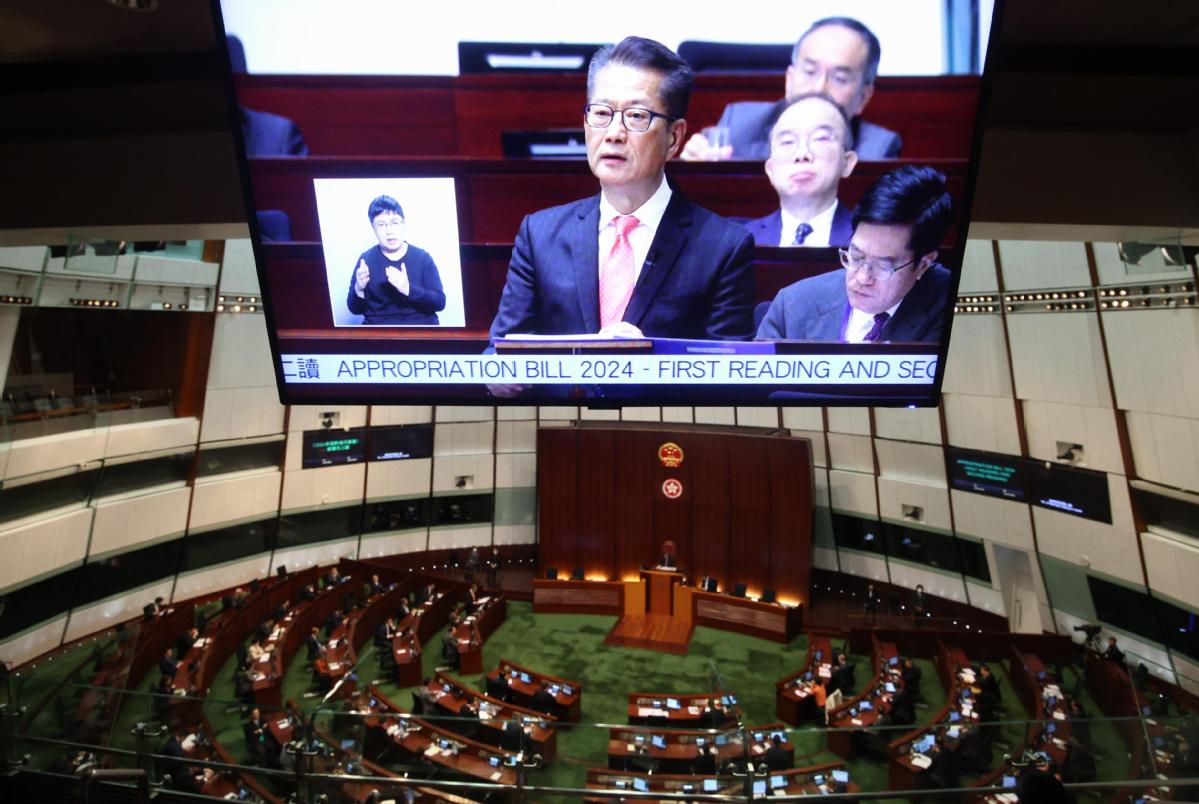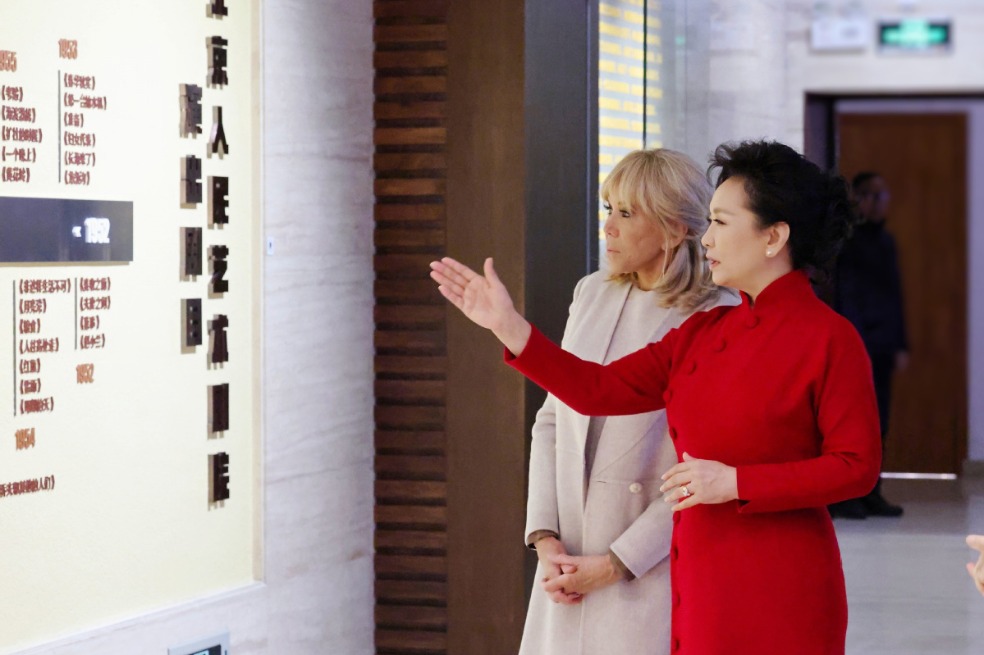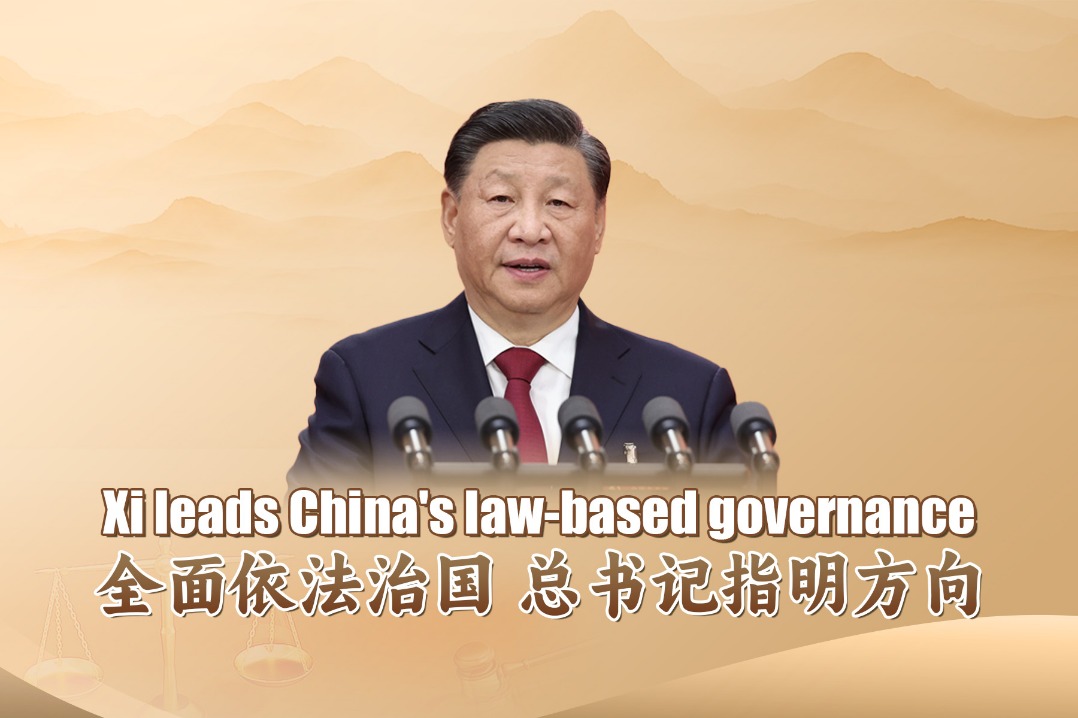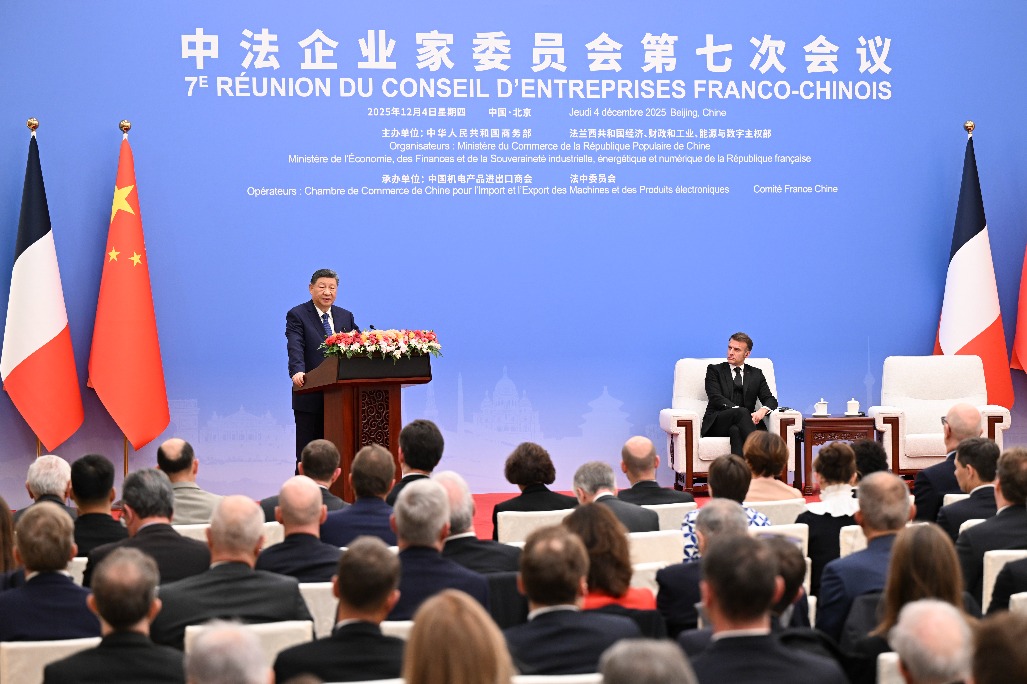Turning the economy around


Diversifying revenue
Billy Mak Sui-choi, associate professor at Hong Kong Baptist University's Department of Accountancy, Economics and Finance, sees the government adopting a strategy of tightening expenditure, and diversifying revenue to deal with budget deficits.
He says the 2024-25 Budget is offering a slew of measures to help restore a balanced budget in the next few years.
"Curbing recurrent expenses is relatively easy. The 1 percent saved on recurrent expenses by various government bureaus under the Productivity Enhancement Program can be used to launch new government services."
Mak stresses that Hong Kong has to diversify its economic base and accelerate economic growth to boost tax revenues. "The preferred way to raise tax revenues is to maintain the same tax rate when the GDP rises. The less preferred option is to lift the tax rate when the GDP remains stagnant. But there would be less tax revenues as economic activities would not be sufficient to generate higher tax revenues."
Mak opposes levying new taxes to tackle soaring budget deficits, as all types of new taxes, including a sales tax, a capital gains tax or a land departure tax, would either meet strong political resistance, or reduce government revenues as they would curtail the flow of people and capital.
In his view, the government should push on with its two mega projects - Lantau Tomorrow Vision and the Northern Metropolis. "Infrastructure and land projects are public goods that can have positive marginal externality spillover effects and, thus, boost economic growth and government revenues. The administration can either allocate some of its annual revenues, use external finances, such as bond issuance, or adopt the public-private partnership funding model, as financing options."
























